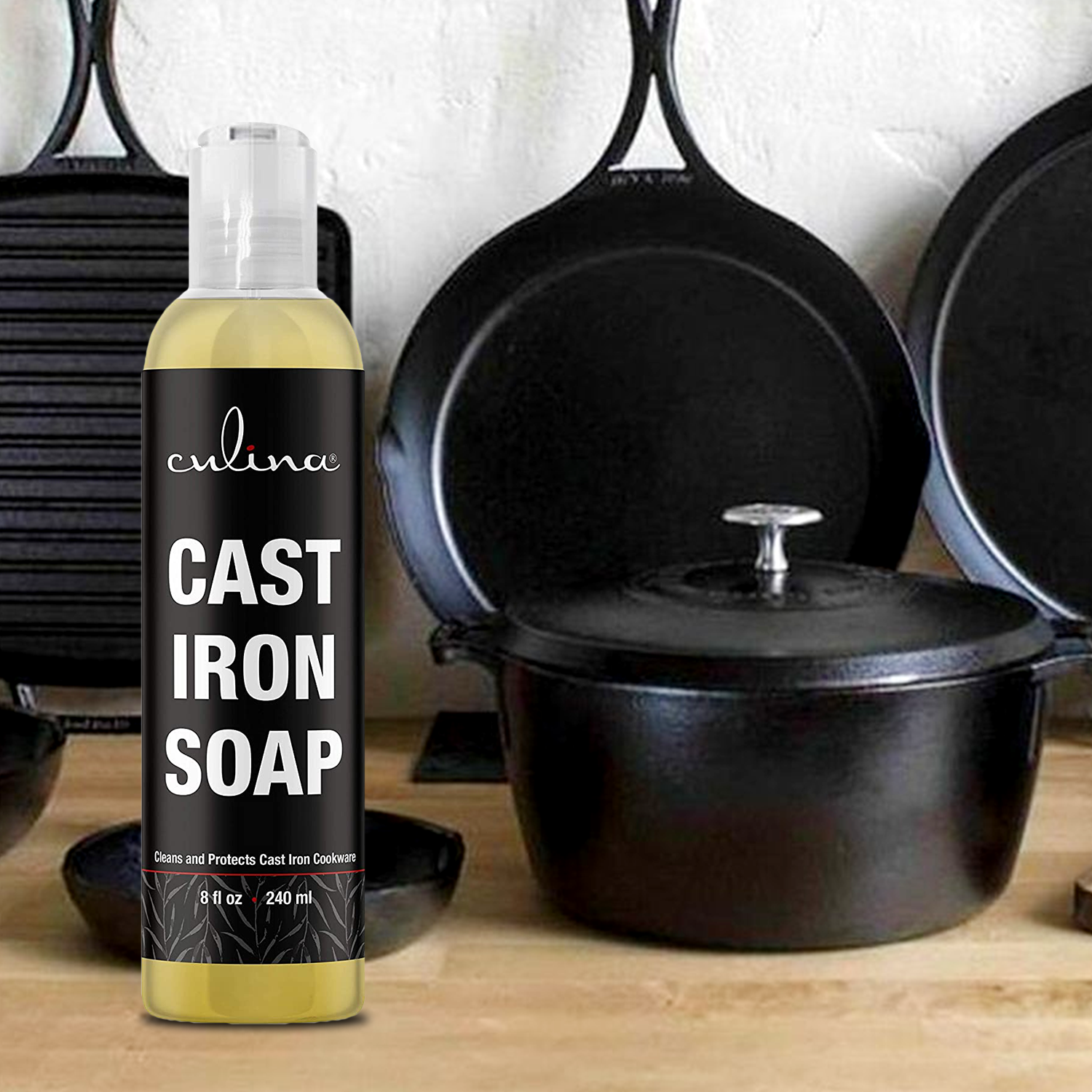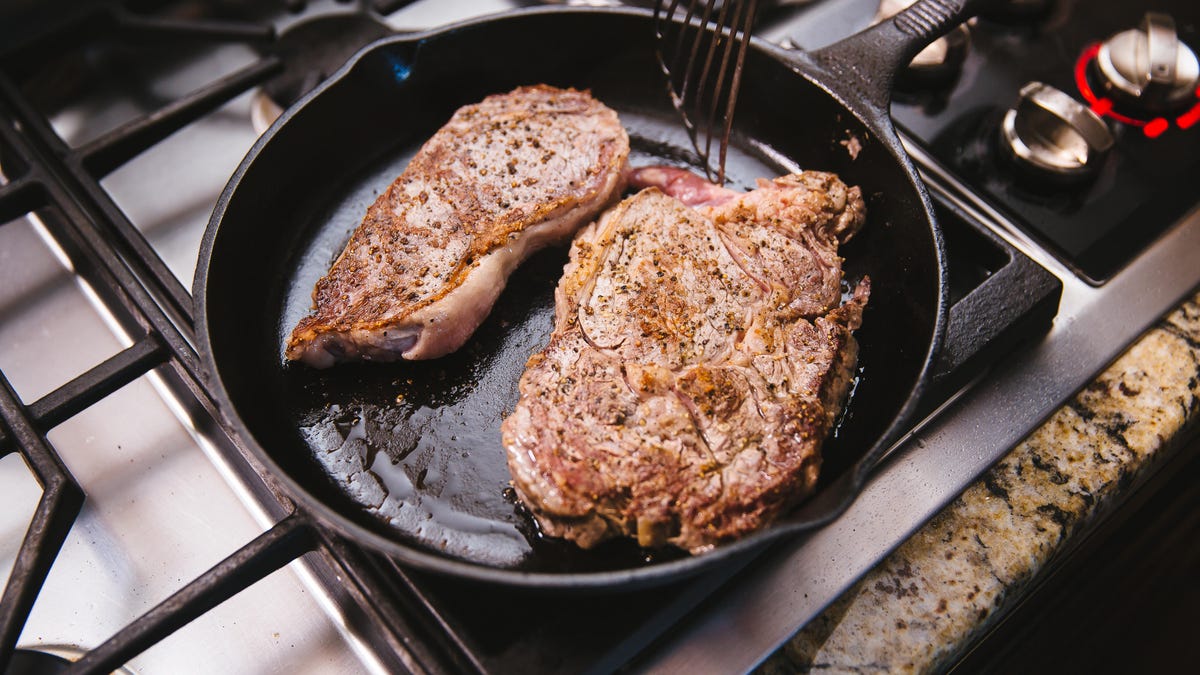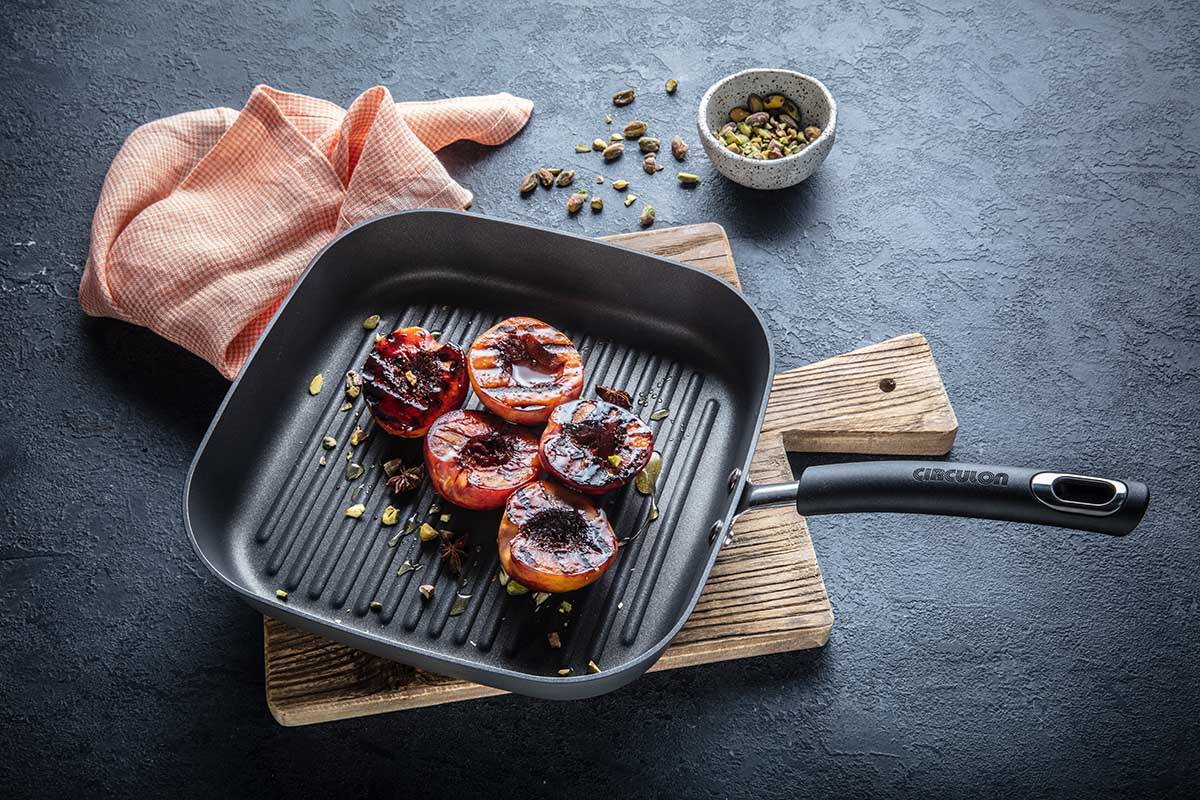For kitchen professionals, cast iron skillets are indispensable. Known for their excellent heat retention and ability to create a perfect sear on meats, these skillets are a favorite among chefs. However, even the most resilient cookware has its limits, making it essential to know when to dispose of a cast iron skillet to keep a professional kitchen running smoothly.
This article explores the vital signs that indicate its time to part ways with your trusted skillet, helping you maintain safe cooking practices and enhance your kitchen's efficiency.

Understanding the Lifespan of Cast Iron Cookware
Before we delve into the signs that suggest its time for a new skillet, let's talk about the expected lifespan of cast iron cookware. With proper care, a cast iron skillet can be a cherished kitchen tool for generations. Still, factors like neglect, improper seasoning, or misuse can significantly reduce its longevity.
Typically, cast iron cookware can last anywhere from 30 years to over a century, depending on the care it receives. However, just because its durable doesnt mean its always safe or effective for cooking in a professional setting.
Signs That Your Skillet Needs to Be Replaced
Here are several unmistakable signs that it might be time to consider saying goodbye to your cast iron skillet:
1. Noticeable Rust
Rust is a common issue faced with cast iron. While minor rust can often be treated and sanded down, extensive rust that affects the skillet's structural integrity signals that its time to retire it. Using a heavily rusted skillet poses food safety risks and can impart undesirable flavors to your meals.
2. Cracks or Chips
If you see any cracks or chips on the cooking surface, its a clear indicator that the skillet's integrity has been compromised. Damage like this can lead to uneven cooking and may present risks during food preparation.
3. Difficulties with Seasoning
Consistently struggling to season your skillet can be another sign its time for a new one. If your skillet continues to stick despite your attempts at seasoning, it may no longer be worth the effort. Check out proper seasoning techniques at Cooking Steak.
4. Unpleasant Smells or Flavors
If your food starts taking on off-putting smells or flavors, its a strong indication that your skillet might be beyond repair. This issue often arises from food residues or even rust buildup. Like any kitchen tool, its vital to ensure your equipment does not compromise the flavors of the dishes you're preparing.
Proper Care and Maintenance Tips
While understanding when to throw away a cast iron skillet is essential, proper care can significantly extend its lifespan. Here are some tips for the upkeep of your cast iron cookware:
1. Clean After Each Use
Cleaning your skillet promptly after each use is imperative. Avoid soaking it or placing it in the dishwasher. Instead, scrub it with hot water and a stiff brush. For stubborn residue, coarse salt makes an excellent abrasive.
2. Regular Seasoning
Regularly seasoning your skillet helps create a non-stick surface and protects it from rust. Apply a thin layer of vegetable oil or shortening, heat it, and ensure it gets smoke-free. For more on the seasoning process, explore How Corn Oil Is Made.
3. Proper Storage
Storing your cast iron skillet in a dry place is critical. To prevent moisture build-up, place a paper towel inside to absorb excess humidity.

Repurposing Old Skillets
If youve reached the decision to part with your well-used skillet, dont toss it out! Old cast iron skillets can be transformed into various creative projects. From planters and wall art to unique doorstops, there are numerous ways to give your cookware a second chance.
Frequently Asked Questions
1. How long can a cast iron skillet last?
With the right care, a cast iron skillet can last several decades, potentially even over a century. That said, individual usage and maintenance practices can affect longevity.
2. Can I restore a rusty cast iron skillet?
Absolutely! A rusty skillet can often be revived by sanding away the rust and then re-seasoning the skillet to bring back its cooking surface.
3. Whats the best way to store cast iron skillets?
The ideal method involves keeping your cast iron skillets in a dry area. Place a paper towel between stacked skillets to help absorb moisture.
As an Amazon Associate, I earn from qualifying purchases. For more convenient meal ideas, check out One Skillet Meals.





Leave a comment
This site is protected by hCaptcha and the hCaptcha Privacy Policy and Terms of Service apply.